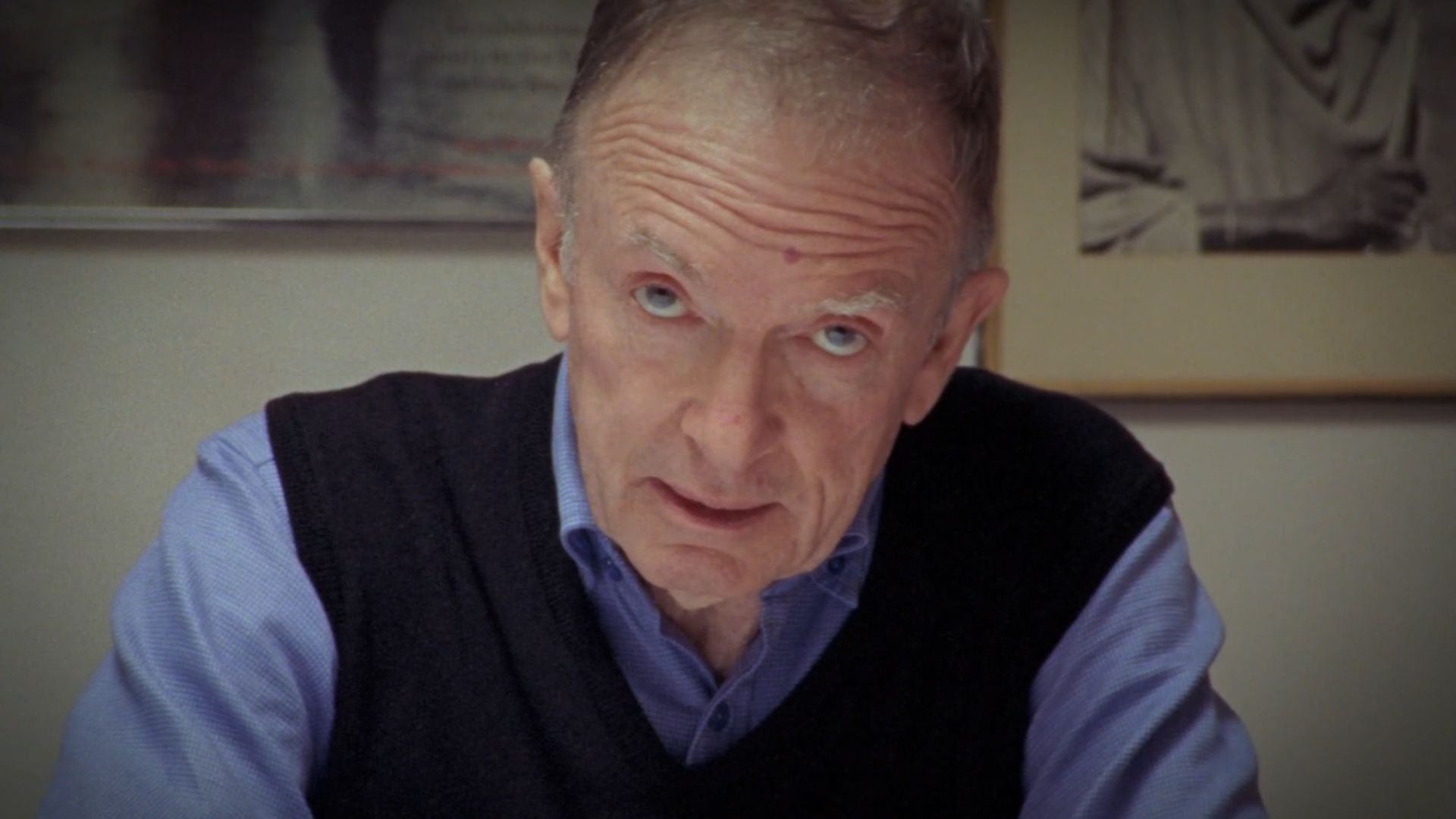
Cast & Crew
5 members
Acting
Achhroo Ram Kapila
Self

Acting
Salome Kinyanjui
Creation Myth Performer
No Image
Acting
Donald McWilliams
Self / Narrator

Acting
Mwaria Njuma
Self
No Image
Acting
John Nottingham
Self


Self

Creation Myth Performer
Self / Narrator

Self
Self
